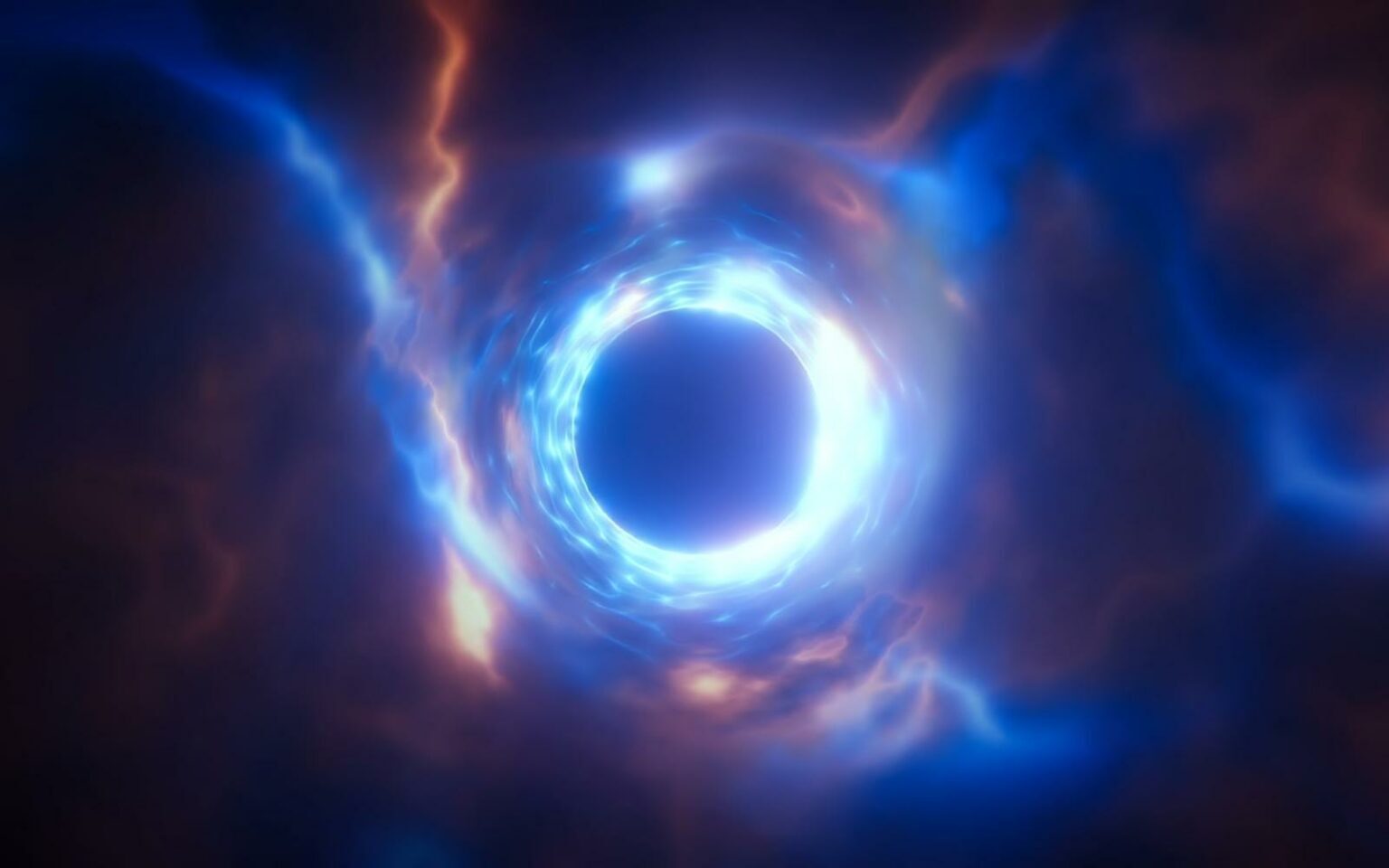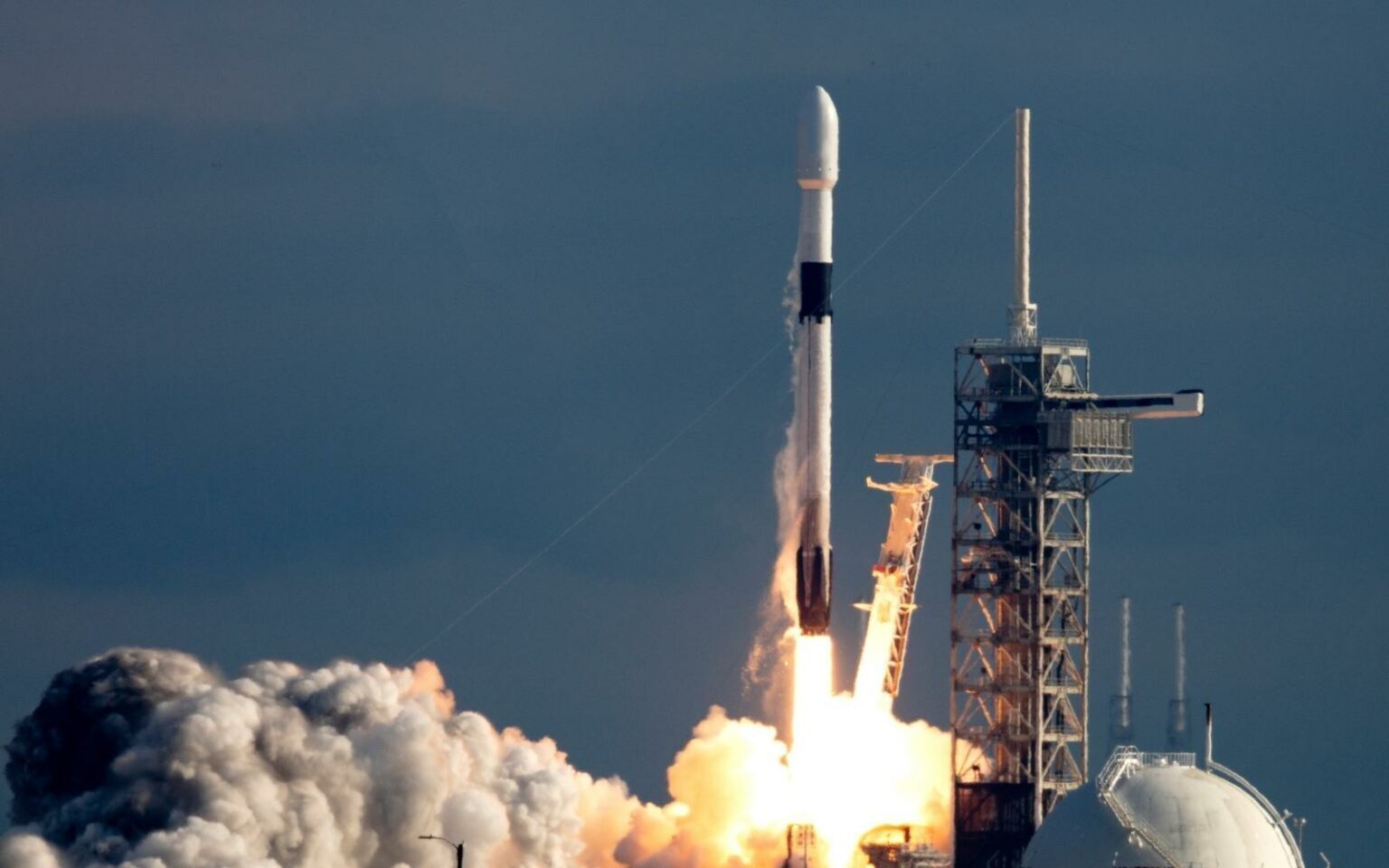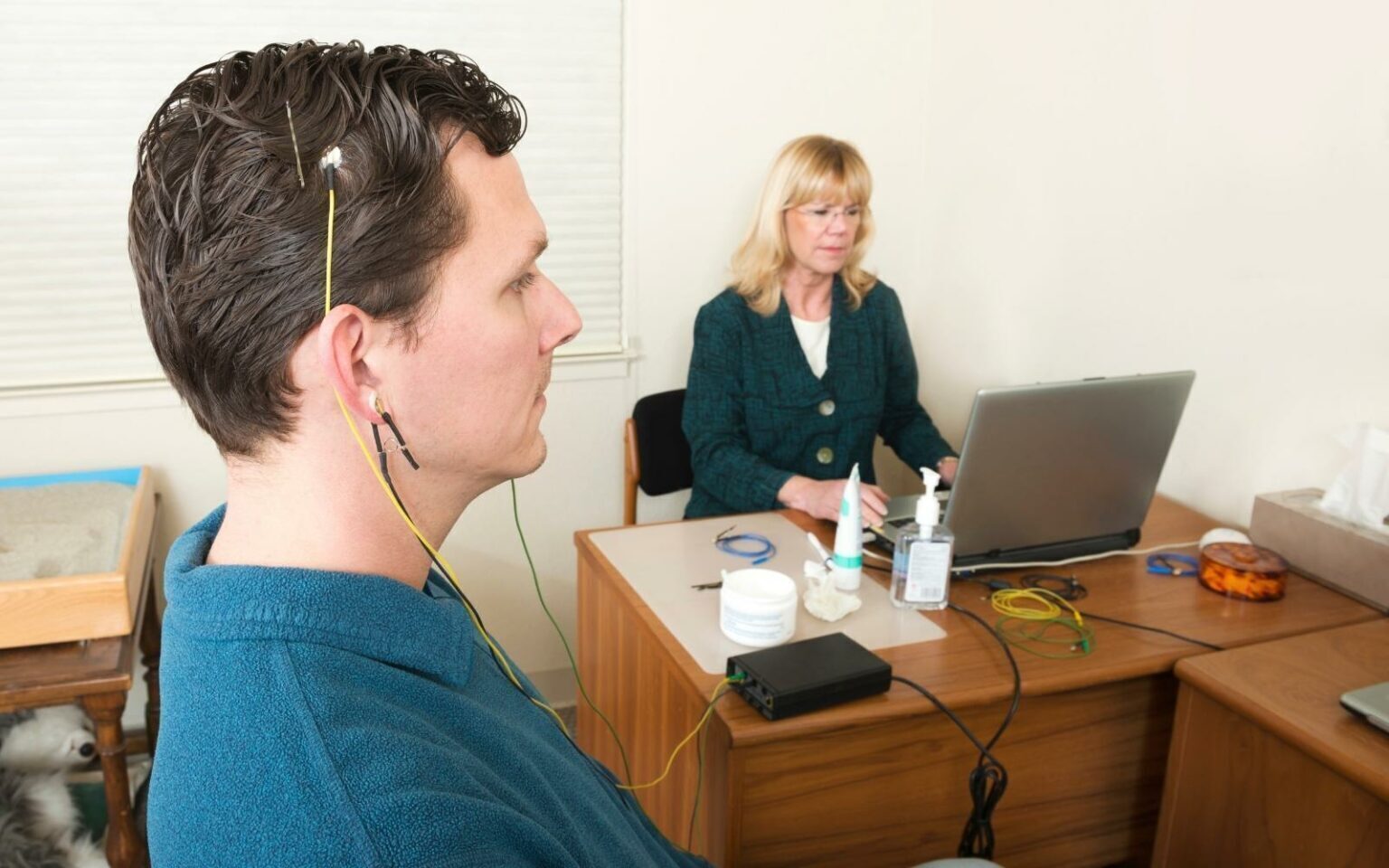How many intelligent civilisations should there be in our galaxy right now? In 1961, the US astrophysicist Frank Drake, who passed away on September 2 at the age of 92, came up with an equation to estimate this. The Drake equation, dating from a stage in his career when he was “too naive to be nervous” (as he later put it), has become famous and bears his name. This places Drake in the company of towering physicists with equations named after them including James Clerk Maxwell and Erwin Schrödinger. Unlike those, Drake’s equation does not encapsulate a law of nature. Instead…
Author: The Conversation
Did you ever want to see an alien world? A planet orbiting a distant star, light years from the Sun? Well, the James Webb Space Telescope (JWST) has just returned its first-ever picture of just that – a planet orbiting a distant star. The new images reveal JWST will be a fantastic tool for astronomers aiming to improve their knowledge of exoplanets (planets around other stars) – even better than we had hoped it would be! But for those who’ve grown up on a diet of Star Trek, Star Wars, and myriad other works of science fiction, the images may be underwhelming. No wonderful…
Nothing lasts forever, including the stars in our night sky. One of the brighter and more notable stars in our sky is Betelgeuse, the bright red supergiant in the shoulder of Orion. In late 2019, astronomers around the world grew giddy with excitement, because we saw this giant star get fainter than we’ve ever seen it before. Since Betelgeuse is at the end stages of its life, there was some speculation this might be a death rattle before the end. But the cause of the “great dimming” wasn’t entirely clear until now. New preprint research awaiting peer review, led by Andrea Dupree…
Astronomers at Western Sydney University have discovered one of the biggest black hole jets in the sky. Spanning more than a million light years from end to end, the jet shoots away from a black hole with enormous energy, and at almost the speed of light. But in the vast expanses of space between galaxies, it doesn’t always get its own way. Taking a closer look At a mere 93 million light-years away, the galaxy NGC2663 is in our neighbourhood, cosmically speaking. If our galaxy were a house, NGC2663 would be a suburb or two away. Looking at its starlight…
It was all quite predictable, really. Meta, Facebook’s parent company, released the latest version of its groundbreaking AI chatbot in August 2022. Immediately, journalists around the world began peppering the system, called BlenderBot3, with questions about Facebook. Hilarity ensued. Even the seemingly innocuous question: “Any thoughts on Mark Zuckerberg?” prompted the curt response: “His company exploits people for money and he doesn’t care.” This wasn’t the PR storm the chatbot’s creators had been hoping for. Meta’s #AI chat bot, BlenderBot3 needs a bit of work. #blenderbot #ArtificialIntelligence pic.twitter.com/GVxhpfeoTL — Mitch Alison (@mitch_alison) August 11, 2022 We snigger at such replies, but if you…
Imagine two towns on two opposite sides of a mountain. People from these towns would probably have to travel all the way around the mountain to visit one another. But, if they wanted to get there faster, they could dig a tunnel straight through the mountain to create a shortcut. That’s the idea behind a wormhole. A wormhole is like a tunnel between two distant points in our universe that cuts the travel time from one point to the other. Instead of traveling for many millions of years from one galaxy to another, under the right conditions one could theoretically use a…
Twitter’s former security chief, Peiter “Mudge” Zatko, filed a whistleblower complaint with the Securities and Exchange Commission in July 2022, accusing the microblogging platform company of serious security failings. The accusations amplified the ongoing drama of Twitter’s potential sale to Elon Musk. Zatko spent decades as an ethical hacker, private researcher, government adviser and executive at some of the most prominent internet companies and government offices. He is practically a legend in the cybersecurity industry. Because of his reputation, when he speaks, people and governments normally listen – which underscores the seriousness of his complaint against Twitter. As a former cybersecurity industry practitioner and current cybersecurity researcher,…
The world has not yet won the war against malaria. While the total number of cases has declined from about 81.1 cases per 1,000 population to 59 per 1,000 since 2000, there were still an estimated 240 million cases and 600,000 deaths in 2020 globally. Malaria remains a menace across Africa. The continent carries by far the world’s largest disease burden: 94% of cases and 96% of deaths occur across the continent. Alarmingly, children aged five or younger account for 80% of these deaths. There is no room for complacency. While vaccines look promising, there is still a steady rise of antimalarial drug resistance, especially…
Many around the world will watch eagerly this Saturday as NASA launches Artemis I, the agency’s first Moon exploration mission since the 1970s. The spectacle involves the most powerful rocket in the world: the Space Launch System (SLS). Standing at nearly 100 metres tall and weighing more than 2,600 tonnes, the SLS produces a massive 8.8 million pounds of thrust – (more than 31 times the thrust of a Boeing 747 jet). But it’s not just amazing engineering that’s behind rocket science and space exploration. Hidden within, there’s clever chemistry that powers these fantastic feats and sustains our fragile life in space.…
Cognitively enhanced lawyers may one day work in our courts. A recent report from The Law Society of England and Wales suggests the rapidly advancing field of neural technology could create “digitally enhanced” super-lawyers capable of focusing more keenly or accessing case law via an implant. The report is broad and far-reaching, describing some of the most recent advances in neural technology. It also sets out many of the ways that neural technology could affect the practice and enforcement of law in the future. Some of these possibilities are unlikely to occur any time soon. For example, the report suggests “neurotechnologically augmented”…










